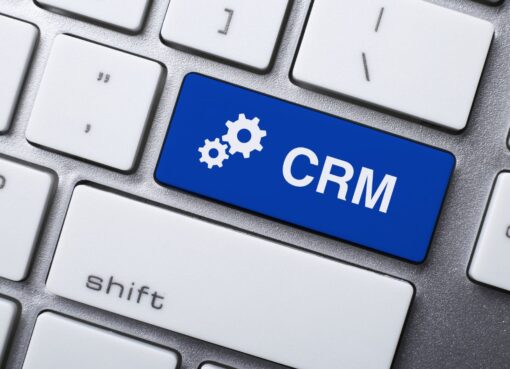Streamlining Your Path: Essential Software Solutions for Compliance in the Security Industry

Starting and managing a security company involves more than just hiring trained personnel and acquiring clients. It’s a complex endeavor that requires navigating numerous compliance hurdles, varying greatly depending on the geographical location and specific industry regulations. In some cases, working with an outsourced development team can help build or manage the tech infrastructure needed for compliance tracking and client management.
In this detailed guide, you’ll learn how software solutions can simplify these compliance requirements and help you establish a robust foundation for your business.
Understanding Compliance Needs in the Security Sector
Before you put plans in motion about how to start a security company, it’s crucial to understand the regulatory demands of the security industry. Compliance is about proving your adherence to these regulations through proper documentation and protocols.
This includes everything from licensing and training certifications to incident reporting and data protection.
Software designed for compliance management helps streamline these processes by providing tools that automate and track compliance tasks.
This reduces the risk of non-compliance and associated penalties and saves you time and resources that can be better invested in business growth and service improvement.
Choosing the Right Compliance Management Software
When you’re figuring out how to start a security company, selecting the right tools can make a significant difference. Compliance management software should offer features that address the specific needs of the security industry, such as:
- License Management: Keeping track of licensing requirements for your staff and your business operations.
- Training Modules: Ensuring all employees are up-to-date with their training and certifications.
- Incident Reporting: Streamlined and standardized reporting tools that help maintain records for legal and operational purposes.
- Audit Trails: Comprehensive logging of actions within the system to support audits and investigations.

It’s important to choose software that is intuitive and easy to integrate with other tools you may already be using, such as scheduling software or HR platforms. This integration capability is vital for maintaining a seamless flow of information across your business operations.
Implementing Software Solutions Effectively
After selecting the appropriate software, the next step is implementation. This stage is critical because even the best software can fail to improve your operations if not properly implemented.
Start by setting clear goals for what you want the software to achieve, such as reducing time spent on compliance tasks by a certain percentage or improving the accuracy of compliance reporting.
Training your staff to use new software is as important as the software itself. Ensure that abundant training sessions and resources are available, and consider appointing a software champion within your team who can aid in troubleshooting and help other employees adapt to the new system. In some cases, hiring or consulting a compliance specialist can further enhance your efforts by ensuring your software aligns with specific regulatory requirements. This professional insight can be particularly valuable during the initial setup and periodic reviews.
Monitoring and Improving Compliance Processes
With your compliance software in place, ongoing monitoring is essential to ensure it continues to meet your needs. Regular audits of the software’s effectiveness and user feedback sessions will help you understand where further adjustments or training might be needed.
Improving your compliance processes is a continual journey. As regulations change and your business grows, your software solutions should also evolve.
Keep communication open with your software provider to ensure that your system is always updated with the latest compliance requirements and features.
Leveraging Software for Business Growth
While the primary focus of compliance software is to maintain regulatory adherence, it also offers an opportunity to streamline operations and improve overall business management. Data collected through compliance activities can provide insights into business performance and help identify areas for improvement.

For example, analyzing incident reports and training data can help you understand security vulnerabilities and training gaps. Addressing these proactively can improve compliance and enhance the overall security services you offer, thereby increasing client satisfaction and trust.
Conclusion: Sustaining Compliance and Growth
In conclusion, navigating compliance in the security industry doesn’t have to be daunting. By leveraging the right software solutions, you can simplify complex processes, improve adherence to regulations, and free up resources to focus more on business growth and service excellence.
Starting a security company involves careful planning and strategic decisions, but with the right tools and a proactive approach to compliance, you can build a successful and reputable security business.
Software solutions provide the backbone for these efforts, enabling you to manage compliance more effectively and offering insights to drive your company’s growth.
Focusing on the effective implementation and continual improvement of your compliance processes ensures that your security company meets current regulations and is well-prepared for future challenges.



